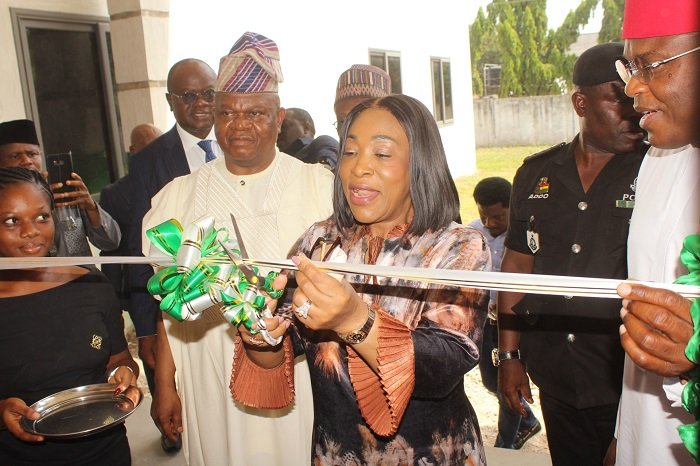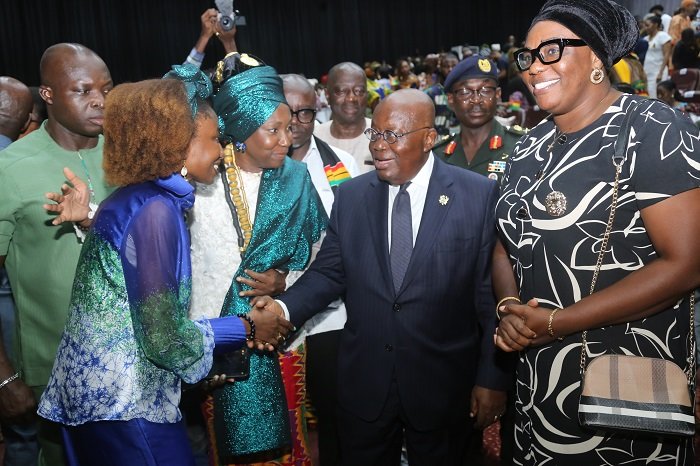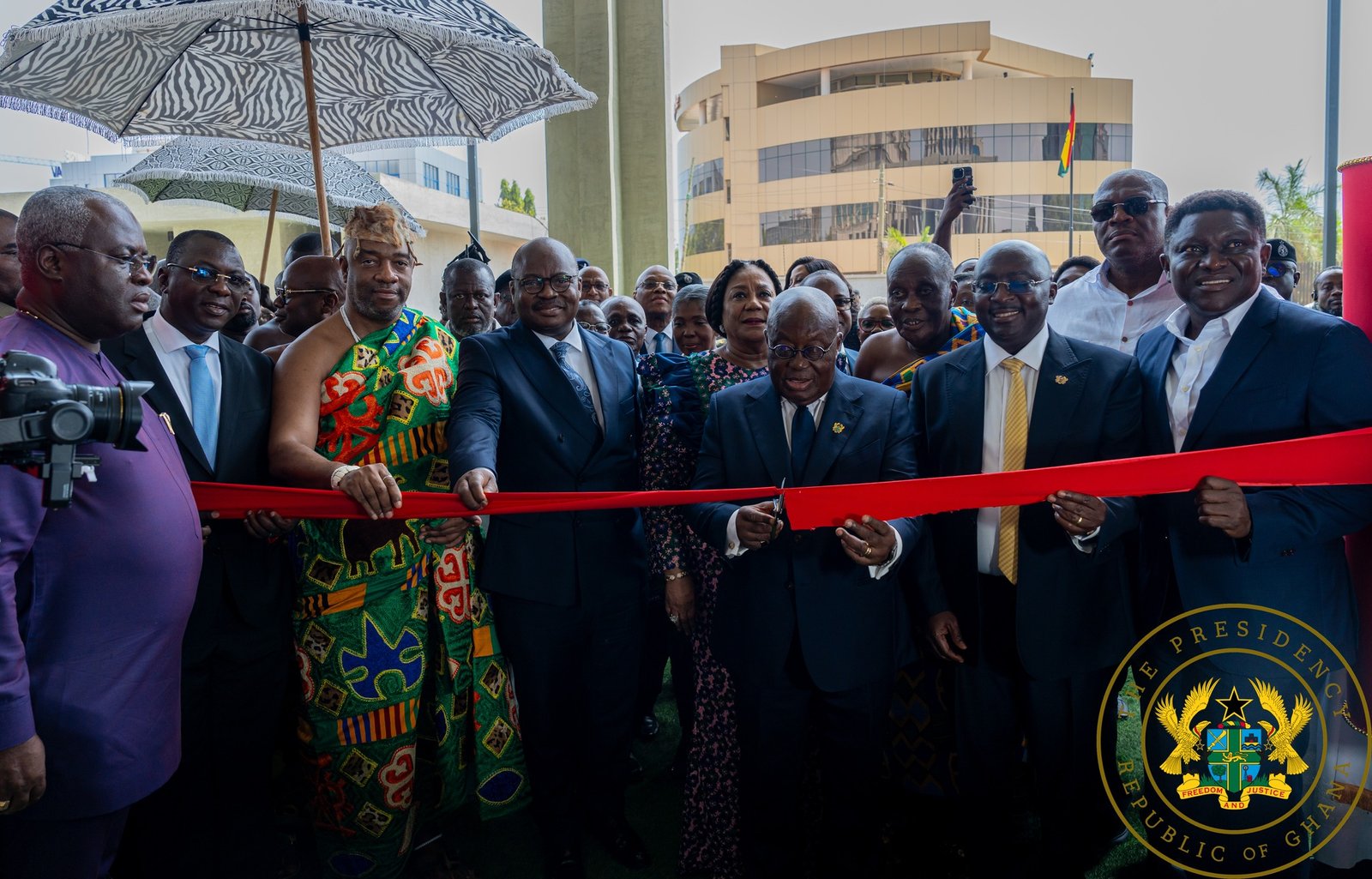ARTICLE AD
The second phase of the nationwide polio immunisation exercise by the Ghana Health Service (GHS) is scheduled for Thursday, November 21 to Sunday, November 24, 2024, targeting at least 7.2 million children under five years.
The second phase, which follows the first one which took place from October 17 to 20, 2024, is to ensure maximum protection and immunity among children against the poliovirus.
At least 18,500 healthcare workers and volunteers, organised into 11,335 teams, would be deployed
to various districts to carry out the exercise in schools, bus stations and from house-to-house outreaches across the country.
It is expected that two doses of the oral polio vaccines (OPVs) will be administered to eligible children during the exercise.
The Programme Manager of the Expanded Programme on Immunisation (EPI), Dr Kwame Amponsa-Achiano, addressing a news conference in Accra on Monday explained that the second round of the campaign was aimed at improving upon the 113 per cent coverage achieved in the first round by setting a new target of a five per cent increment.
“We have recalibrated our plan to ensure every child in the target age group is vaccinated. This round focuses on heightened efficiency and greater community engagement.
This vaccination will boost children’s immunity and protect them against lifelong polio paralysis and even death” he explained.
According to Dr Amponsa-Achiano, the devastating effect polio is that, it had long term impact on households, society and the nation at large and such campaigns were necessary to break the chain of transmission and possible deaths.
Reflecting on the first phase of the campaign, the EPI Programme Manager stated that regions like the Upper East and Bono East exceeded their vaccination targets, while Greater Accra recorded the lowest turnout.
He attributed the poor performance in some areas to factors such as misinformation, lack of awareness among parents, and resistance from some private schools.
Additionally, absenteeism and difficulties in accessing certain households also hindered the process.
Dr Amponsa- Achiano further appealed to members of the public to cooperate in the exercise to build a healthier population.
The Director of Public Health, Dr Franklin Asiedu-Bekoe, disclosed that the second phase of the polio campaign is estimated to cost the country GH¢50 million, which is approximately GH¢7 or less for each child vaccinated.
He said, the first round of the campaign, exceeded its target of 6.1 million children, providing the basis for this second phase.
Moreover, Dr Asiedu-Bekoe encouraged parents in gated communities and private schools to cooperate with health volunteers, emphasising that “polio is not a poor man’s disease.”
He also urged private schools to ensure full participation in the campaign to safeguard children’s health, appealing to the media to support awareness creation about the campaign.
Poliomyelitis, a highly infectious viral disease, primarily affecting children under five.
It is transmitted through person-to-person contact, often via contaminated water or food.
The disease can invade the nervous system, causing paralysis, particularly in the limbs.
Symptoms of polio include fever, fatigue, headache, vomiting, neck stiffness, and limb pain.
While treatment is mainly supportive, vaccination, improved sanitation, and personal hygiene remains the key of preventive measures.
BY ABIGAIL ANNOH

 1 day ago
2
1 day ago
2 

